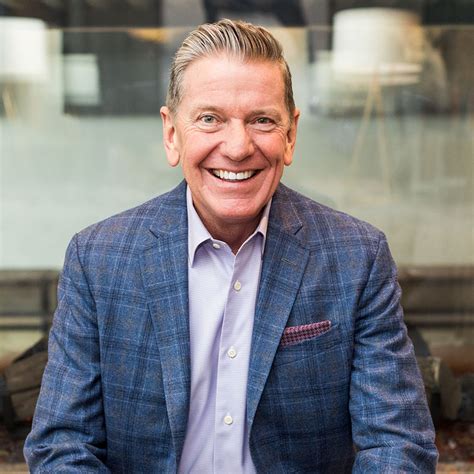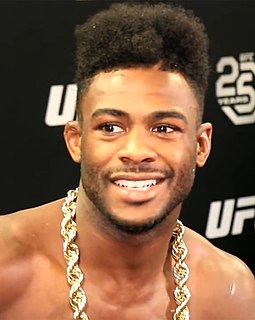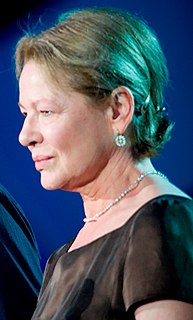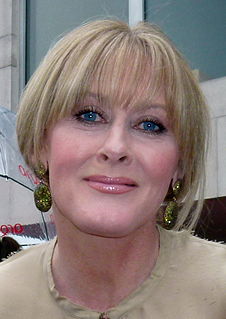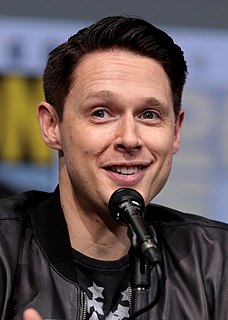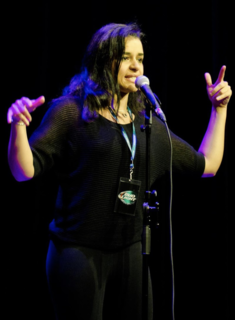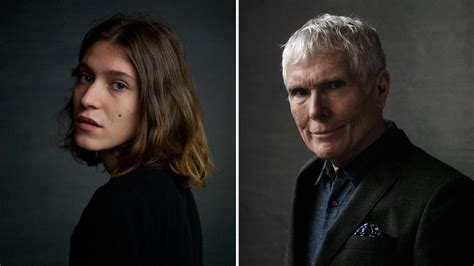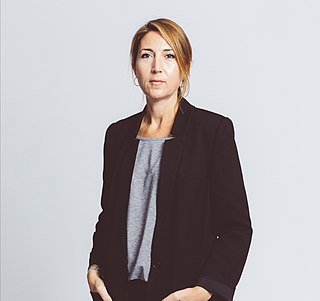A Quote by Michael Hyatt
In hindsight I can see that my love for the arts began by watching my father and his colleagues perform on stage in Jamaica, and running a muck among the exhibits of fabulous Jamaican art at the National Gallery while mum was upstairs curating.
Related Quotes
One of the crucial underpinnings of New York as a culture capital is that there are multiple markets. There is not just one art gallery district, there are several art gallery districts. I feel that there should be art galleries and art studios in every neighborhood without exception. They should be integrated into the social and physical fabric of the streets. If we want a lively city, we can't just have high towers and dense constructions, we have to have living organisms of streets and neighborhoods. And the arts are a crucial part of that.
